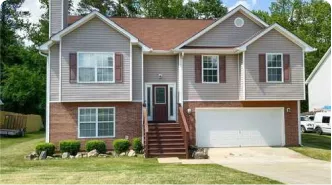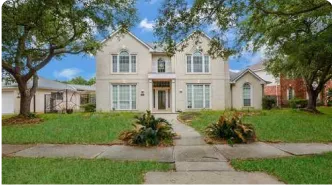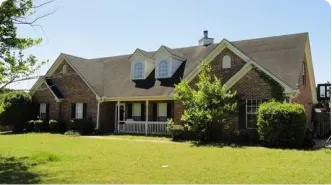In today’s competitive hospitality industry, simply offering a clean room and a comfy bed isn’t enough to stand out. Understanding what makes guests hit that “Book Now” button can make all the difference. Guest psychology plays a huge role in shaping booking decisions — from how prices are presented, to how quickly people feel they need to act, to the fear of missing out on limited deals.
Knowing how to use pricing tricks, urgency cues, and scarcity can boost your bookings and build trust when done right. Below, we’ll break down exactly how these psychological triggers work and how you can use them to your advantage.
The Psychology of Pricing: More Than Just Numbers
Pricing your rooms isn’t just about covering costs — it’s about shaping how guests feel about the value they’re getting. Let’s break down a few clever ways hotels use pricing psychology to drive more bookings.
1. Perceived Value and Price Anchoring
Guests rarely do the mental math on what a stay “should” cost; instead, they compare it to what’s shown. By listing a higher original price next to a discounted rate, you anchor their perception — suddenly, that deal feels too good to pass up. It’s the same trick big retailers use all the time, and it works wonders in hospitality too.
2. Charm Pricing and Price Framing
Ever notice how a room at $149.99 feels cheaper than $150? That’s charm pricing in action. Small tweaks like ending prices in .99 or .95 make rates look friendlier to the wallet. Pair this with phrases like “limited-time special” and you’re framing the price as both a bargain and a fleeting opportunity.
3. Dynamic Pricing and Yield Management
Hotels today don’t just pick a rate and stick with it. They adjust prices constantly based on demand, seasons, and even local events. This dynamic pricing, or yield management, helps squeeze the most revenue from every booking window. Knowing how sensitive your guests are to price changes lets you fill rooms when it matters most — and at the best possible rate.
Urgency: Prompting Immediate Action
When it comes to booking a stay, timing is everything. Most guests need a little push to seal the deal — and that’s where urgency steps in. Adding countdown timers, flashing “Last Minute Deal” banners, or showing that a special offer expires soon can light a fire under hesitant browsers. When people feel they might miss out if they don’t act fast, they’re far more likely to book on the spot. Many hotels and booking sites use this tactic because it works — it taps right into our fear of losing a good deal.
Simple phrases like “Limited Time Offer”, “Book Now”, or “Deal Ends Tonight” can make all the difference. They trigger a fear of loss, pushing guests to decide quickly rather than keep shopping around. This sense of urgency can turn a maybe into a confirmed booking in seconds.
Scarcity: Leveraging Limited Availability
Scarcity is one of the oldest tricks in the book — and for good reason: it works. When people think something is about to run out, they act fast. This is where FOMO (fear of missing out) kicks in. Let guests know there are only a few rooms left, or that a deal is exclusive and won’t last long. Simple messages like “Only 1 room left!” or “Last chance to book at this rate!” can push someone from “thinking about it” to “booking it now.”
Another smart move is to use social proof and demand indicators. Showing that other people are booking right now — like “5 people booked this hotel in the last hour” — makes your offer feel popular and trustworthy. It’s a subtle nudge that reassures guests they’re making a good choice, and that they shouldn’t wait too long to secure it.
Integrating Strategies: A Holistic Approach
So, how do you bring all these psychological levers together without overwhelming your guests or losing their trust? The secret is to blend smart pricing, a sense of urgency, and real scarcity into one clear, honest offer. For example, a hotel might run a flash sale with a special discounted rate for the first 20 bookings — and show a countdown timer so guests know when the deal ends. Many top hospitality brands use this mix to fill rooms fast, especially during slow seasons.
But remember, honesty is key. Overdoing fake scarcity or misleading urgency can backfire and hurt your reputation. Always be upfront about availability and deadlines. Guests appreciate a good deal, but they appreciate genuine value and transparency even more. When you strike that balance, you build loyal customers who trust you — and keep coming back.
Wrapping Up
At the end of the day, knowing what makes guests tick — and using that knowledge wisely — can make a huge difference in how many bookings you secure. Smart pricing, a little urgency, and real scarcity can nudge people to book sooner rather than later. But it only works if you stay honest and keep delivering genuine value.
Guest behavior changes, so your strategies should too. Keep testing what works, listen to your guests, and adjust your offers as needed.
If you want a partner who understands how to blend guest psychology with smooth operations, check out Awning’s property management services. We help owners get more bookings — the right way.
.svg)













%201.webp)
%203.webp)



%201.webp)
.webp)


